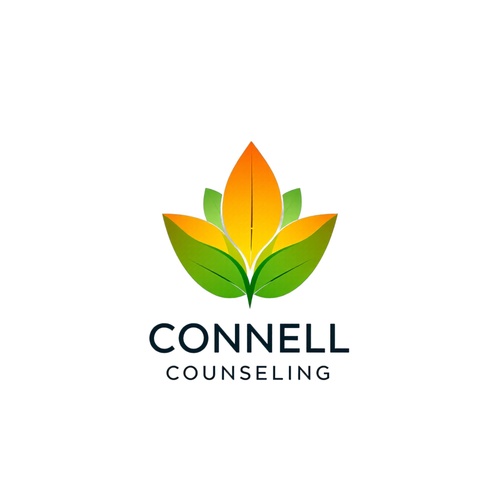✅ 1. Orientation and Intake
• Paperwork & Assessments: You’ll fill out forms, complete clinical assessments, and meet with a therapist or case manager.
• Program Overview: Staff will explain what the program includes—group therapy schedules, rules, expectations, confidentiality, and goals.
*Individualized Treatment Plan: Based on your needs, you’ll start to set specific goals for your recovery.
